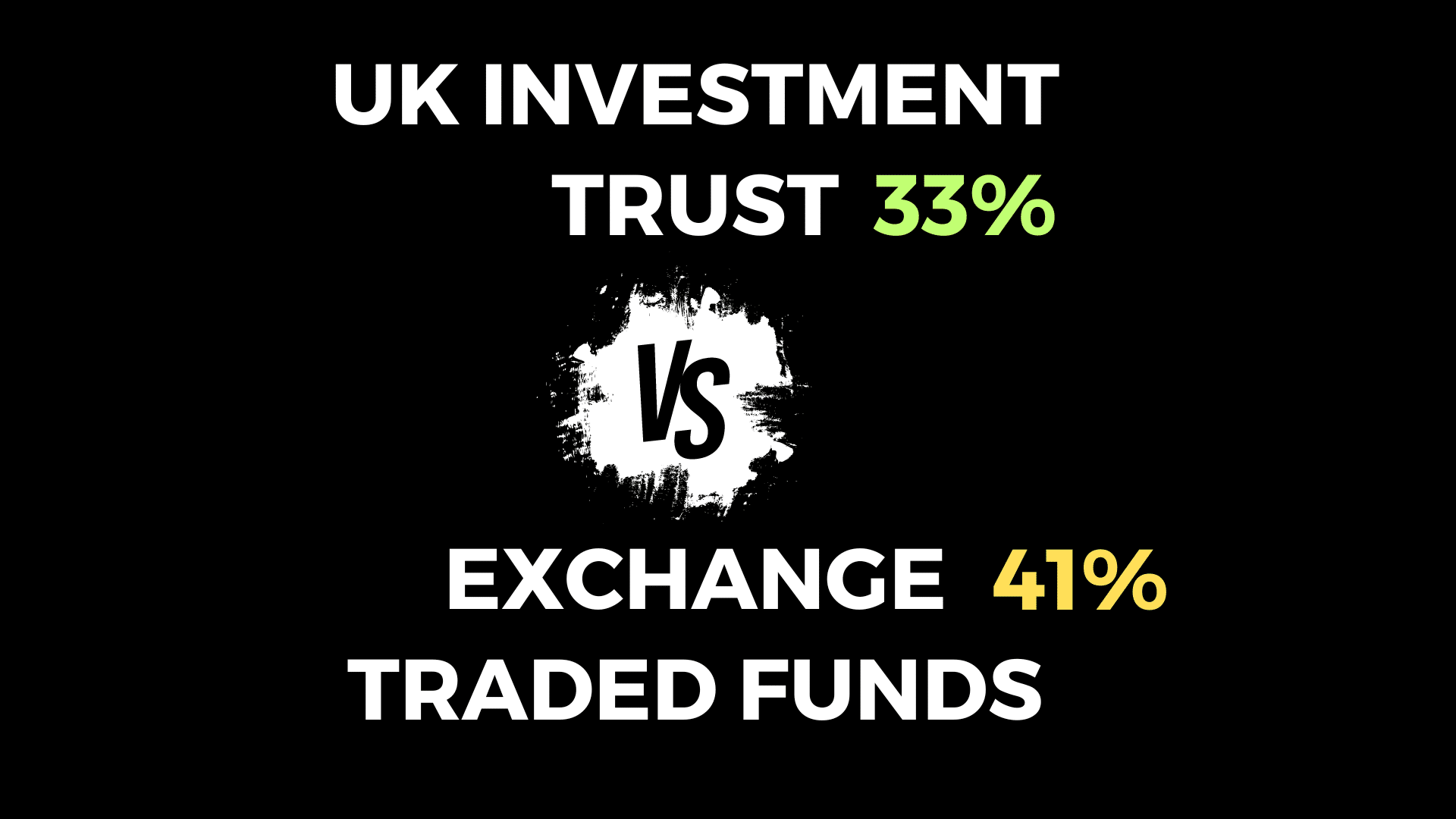Upwards of 500,000 retail investors in Ireland now own cryptocurrency (even though the 2022 crash has definitely seen a drop off in interest).
As this is still a relatively new form of investment vehicle, there is quite a bit of confusion surrounding the taxation rules which apply. In this blog post, we demystify the taxation of cryptocurrencies in Ireland.
The approach taken by the Irish Revenue to date is that there are no specific rules that apply to cryptocurrencies and that the rules we use for stocks and other investments are also appropriate to use for cryptocurrencies.
In April 2022, the Revenue Commissioner also released some updated guidance that covers exactly how capital gains work for cryptocurrencies.
Taxation Rates
Similar to stocks, profits made on the disposal of cryptocurrencies is subject to capital gains tax at a rate of 33%.
Individuals are entitled to an annual capital gains tax exemption of €1,270. This can be offset against any realised profits made.
It is very important to know when a taxable event occurs for cryptocurrencies. Let us now look at some examples.
Investor A buys 1 ETH and a price of €2,500 and a couple of months later decides to sell this ETH when the price rises to €4,000. At this point Investor A has made a profit of €1,500 and the Capital Gains Tax due is €76 ((€1,500 less exemption of €1,270) * 33).
Now if we consider Investor B who buys 1 ETH at the price of €2,500 and a couple of months later exchanges this 1 ETH for 8 Binance coins. At the time the price of ETH was €4,000. Even though investor B has not cashed in his ETH for Euro it is still a taxable event when you dispose one crypto for another. So at this time Investor B would also owe CGT of €76.
This is an important point to remember when investing in crypto every time you exchange one crypto for another this will be a taxable event and you need to calculate the tax due at that point and include it in your next tax return.
Similarly, if you make a loss on any of your investments these losses can be offset against other gains you have made. Any unused losses may be carried forward into subsequent years.
Transaction fees may also be deducted when you are calculating the profit or loss
Staking Rewards/Defi Interest
It is very common also for retail investors now to use Defi or earn staking rewards with their crypto holdings. With banks offering such low rates on deposits currently, many have been earning up to 10% interest on stablecoins with centralised providers such as Binance and Kucoin, as well as decentralised platforms such as Uniswap.
Although the rates offered by CeFi and DeFi are very attractive you should proceed with caution. We have seen many providers go bankrupt such as Celsius, BlockFi and FTX.
The tax treatment for these additional earnings made from staking is treated like any other income and therefore you will be liable to PAYE, USC and PRSI on this income. Therefore the tax rate applicable will be your marginal rate of tax which can be as high as 52%.
This can become a tricky calculation if you are receiving weekly interest or rewards. For example, if you are staking Cardano you earn rewards every 5 days. In order to calculate the income you need to pay income tax on you will have to work out the value of each reward you receive on that particular day.

This value will subsequently become your cost then whenever you dispose of these staking reward tokens. You will only have to pay Capital Gains Tax on the increase in value from the date you received the token until the date you dispose of them.
Important Dates & Forms
Here are all the key dates you need to be aware of for capital gains tax and income tax returns in Ireland.
Capital Gains Tax:
Payment Dates:
For any profits made between 1 January 2022 and 30 November 2022 , the tax deadline will be 15th of December 2022.
For any profits made between 1 December 2022 and 31 December 2022 , the tax deadline will be 31 January 2023.
Filing Date:
Separately, you must also file a Capital Gains Tax return (Form CG1) by 31 October 2023 which summarises all of your profits, losses and exemptions for the prior year.
Check out my free guide on completing your own CG1 (Capital Gains Tax return).
Income Tax:
If you are receiving any staking rewards or interest from yield farming/defi then this should be included in your annual income tax return.
The tax deadline for any income earned during 2022 is 31 October 2023 ( Form 11 or Form 12).
Investing vs Trading
Are you an investor or a trader? The rules lined out so far in the blog post relate to investors. A trader however will have to pay income tax on the net profits made on trading as opposed to investors who pay capital gains tax on profits.
The guidelines used to determine if you are carrying on a trade are the ‘badges of trade’ test. Typically if you are day trading you are more likely to be carrying on a trade compared to someone who is investing for the long term.
Final Thoughts
To avoid getting into complications the best thing any investor can do is keep a detailed tracker of all crypto-related transactions and income to make it easy for calculating taxes due when these deadlines come around.
There is software out there that will help you do this, such as Koinly, that may be worth checking out.
If you are a fan of NFTs and wondering how they are taxed then I have another blog post that deals with this specifically – you can read this here.
This blog post is for educational purposes only and should not be construed as financial advice.







